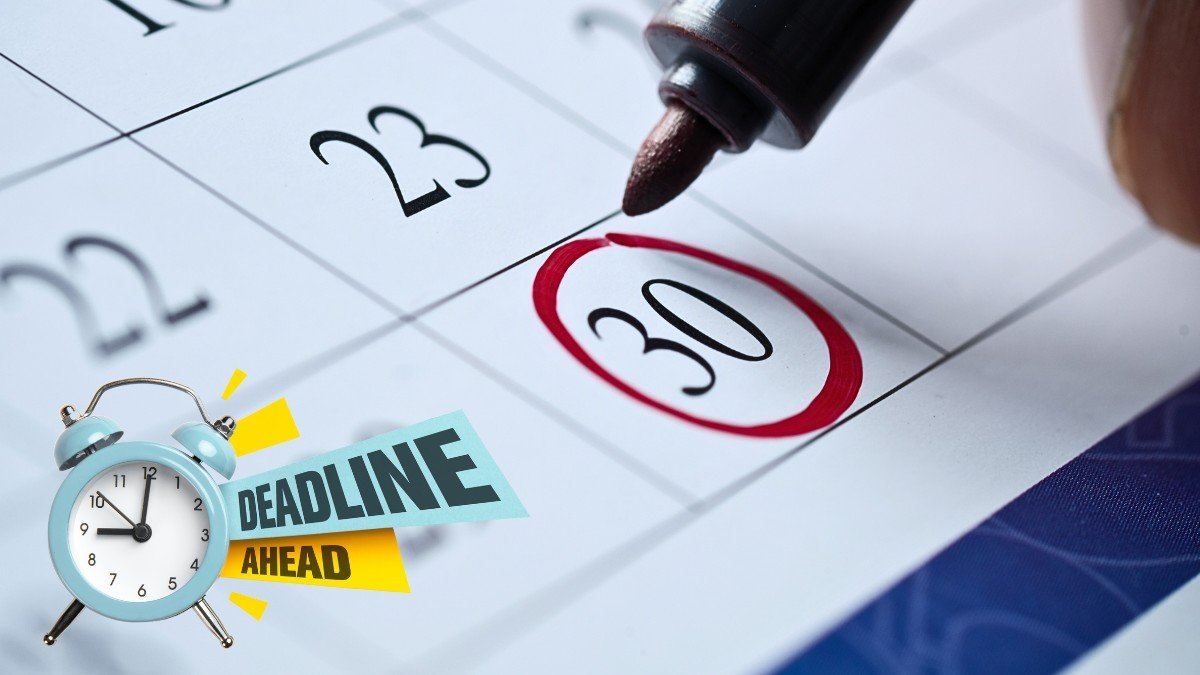Have you been using intermittent fasting to achieve weight loss, manage stress, or even gain more power? Well, you belong to the majority. However, for many physically active women, this much-hyped practice appears to be more detrimental than beneficial — and the majority of us are not aware of it.
Fasting Isn’t the Magic Fix We Were Sold
Intermittent fasting has become immensely popular over the past few years. Time-restricted eating methods, like 16:8, are especially fashionable. However, when it comes to the practical application of fasting — especially for women — the science starts to get unclear.
There are studies that have revealed that fasting has a positive influence on blood sugar control and insulin sensitivity in a certain number of individuals. However, not all people. Most of the researches are conducted on men or animals, thus this is not applicable to women. A woman’s body, especially during reproductive years or perimenopause, does not respond to food deprivation in the same way as a man’s body does.
Many Women Are Already Under-Eating — Fasting Makes It Worse
Most people are unaware of the truth that even at the very start, many active women are undereating without them realizing it. A combination of decades of dieting, a “1200 calorie meal plan”, and fear of carbs has been the cause of such a skewed perception in women about the amount of food they actually need.
A 2016 study revealed that nearly half of the female exercisers were at a low risk of energy availability. This means that they were not providing enough energy for their exercises and hormonal health. Consequently, these women could be getting fasting in addition to their heavy workout schedules that might get to elevate fatigue, be counterproductive to their recovery or affect the normal menstrual cycle.
Fasted Workouts Can Backfire on Performance and Hormones
According to many influencers, one can fast before a morning workout to “burn more fat.” However, the idea of fasting is actually quite risky: the level of blood sugar in your body decreases, which leads to the fact that you will feel dizzy and the output of your workout will become significantly less.
In large part, women require the right combination of the two to recover from exercise and prevent muscle breakdown or hormonal imbalances. The lack of which may trigger muscle reduction, the change in mood and hormone disturbance, etc. And women in perimenopause are more likely to be on the dangerous territory which is often mistaken for the changes that occur in the middle of life’s journey.
What the Experts Really Recommend
Nutrition professionals with the highest level of qualifications advocate primarily against fasting. They rather advise a balanced breakfast, the consumption of regular meals, and a maximum of 12 hours overnight fasting. The body will get relief, and the whole system will not be in the stress mode hence no ailments will be developed this way.
Feeling tired on a regular basis, working out at a slow pace, or poor recovery from workouts, is a condition that can not be treated only by training, it can be due to insufficient caloric intake, and therefore, only under such circumstances it is justified to fast.
The truth is that fasting may not be suitable for everyone. There is no doubt that listening to your body, eating enough, and supporting your body with a good nutrition strategy would do more for your health and physique than any hot-directed program will ever do.















